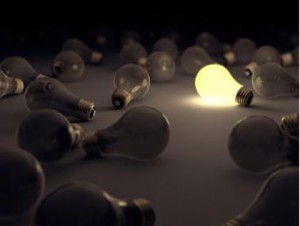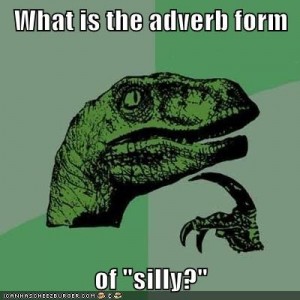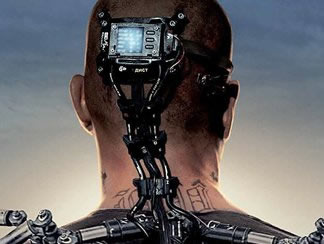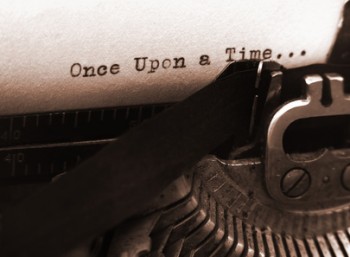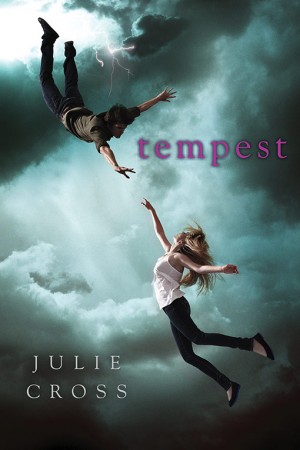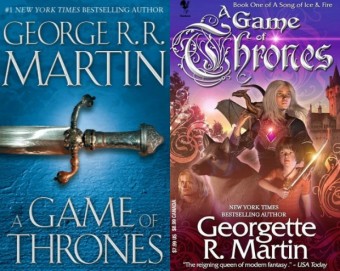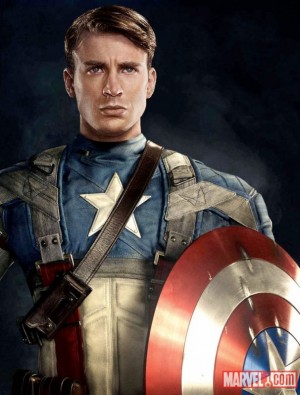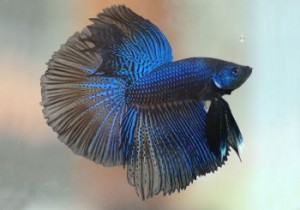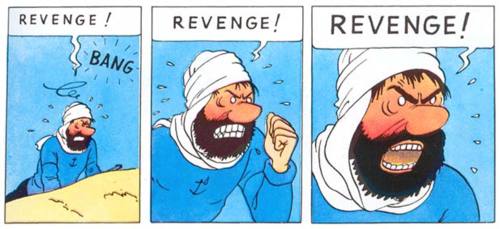So, you think you want to be a writer? Have you read a few too many mediocre novels and subsequently thought to yourself, I bet I could do this whole “writing a book thing”? Have you gone so far as opening a Word document on your computer and staring at it for a few minutes? Perhaps even searched Google for ways to be a good writer? Well, today is your lucky day, because I have a few fail-proof ways to turn you into the best writer ever.
How To Be a Good Writer in Five Easy Steps*
1. Wait for inspiration to strike. Everybody knows that real writers have oodles of inspiration that comes blazing down from the sky like the lightning of imagination. None of your ideas or words will be worthwhile unless you wait for this moment. And no point in practicing until this elusive moment arrives–you wouldn’t want to waste any of your words. Save them up for your moment of brilliance.
2. Ignore the world around you. Pop in those headphones and hide yourself behind sunglasses as much as possible. As a writer, the most important world is the one inside your head, so don’t bother studying human behavior, listening to people engage in conversation, or observing the ways of the real world. Furthermore, never take note of your own experiences or emotions. This is all useless when it comes to crafting believable characters or building a fictional world. It’s better if you make it up entirely and don’t base it on real life.
3. Put down that book!!! What are you, crazy? Who told you to read any books other than the one you’re trying to write? This is madness. Other writers will only confuse you with their differing literary styles and unique structures. Remember, brilliant literature only occurs in a perfect vacuum. How else can you hope to be unique?
4. Verb adverbly! I’m going to quickly introduce you to adverb. She’s your new best friend who will help wonderfully. Use her eagerly after every verb. In fact, I’ve heard rumors that you can even adverb nounly and adjectively. Just try it carefully. You’re not a writer without a big bag of adverbs helping you faithfully.
5. Never revise. Since you’re waiting for inspiration to strike before you write, then it stands to reason that your first draft will be pure creative genius straight from the mouth of the gods. You wouldn’t want to ruin that masterpiece by changing any of it, would you? Of course not. What if you accidentally removed one of your precious adverbs? Quelle horreur! Your writing should be perfect the first time. If it isn’t, then you probably shouldn’t be a writer.
Adhere to these simple steps and you’re well on your way to becoming a real writer! Now go stare at that open Word document a little bit longer. You never know when inspiration might strike!
*Yes. Clever girl. This advice is 100% tongue in cheek. Please do the reverse of this advice if you actually want to be a decent writer.
